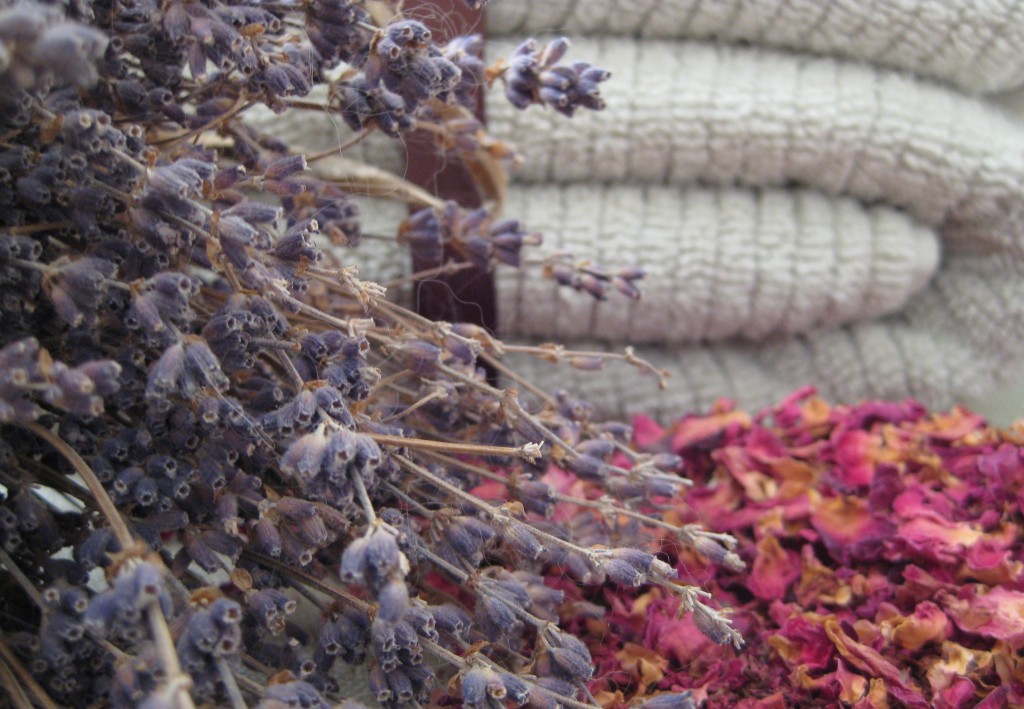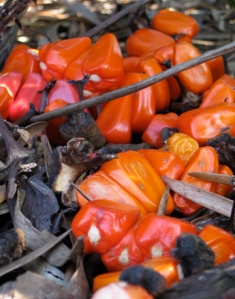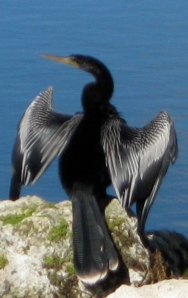Location: Orlando, Florida, United States from 5:00pm-6:00pm Weather: Sunny and windy, 84°F – High: 85°F Low: 68°F
Catch up on The Nature Walk Project: Month 1: October, Month 2: November, Month 3: December, Month 4: January, Month 5: February
I spent last month looking down, taking photos of the water’s edge and all of the tiny bits of nature that live along it. Today, I looked up…
Seasons By The Bird
Every month when I visit and write about this lake and my walk along the crushed shell trail, I almost always mention the unbelievable amount of bird song that you can hear. It comes from every direction, birds of every size are tucked and nestled among the branches, completely unseen as they call and sing to each other. As winter continues to thin the branches of some trees, I can catch glimpses of these birds and get a sense of the vast variety of birds that call this little bit of nature, home.
It was this sense of home that got me thinking about these birds and the seasons. I was born up north in Pennsylvania. We got “real” winters up there, with lots of snow and ice. It was toward the end of winter, when you had just about had your fill of cold weather and runny noses, that a sign of spring would appear. The first birds of the new season, the robins, would return to our woods and you knew that spring wasn’t far behind. Next we’d start to see the blue jays coming back, followed by the cardinals that would streak across the landscape in brilliant blazes of red.
Now that I live down south in Florida, the arrival of blue jays and cardinals mean something different here, they mean winter is on its way. This is the place the birds would come to when they disappeared from our wintery Pennsylvania woods. As I sit here listening to the birds, I catch glimpses of blue jays flying between the trees and I realize that it’s when the blue jays leave, that I now know spring is on its way. So this month I pay tribute to the original “snow birds” and I’ve created a slide show full of the tree tops and the many birds that live above and below them, even if only for a short season.
![]()
.
.
[slideshow]









